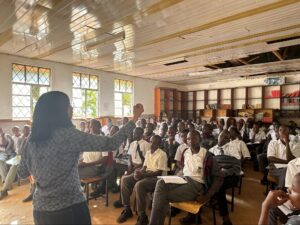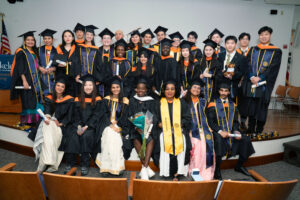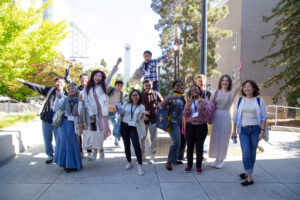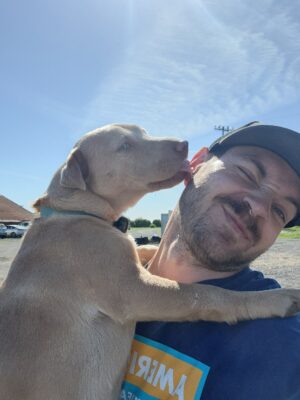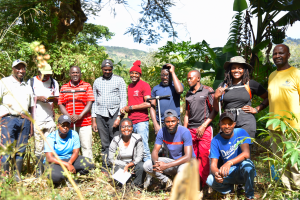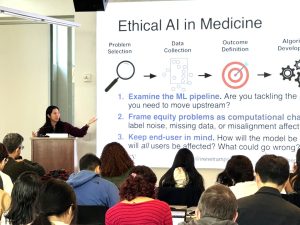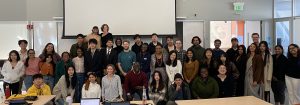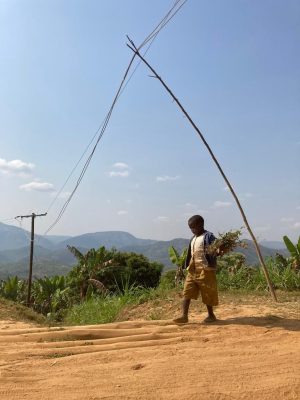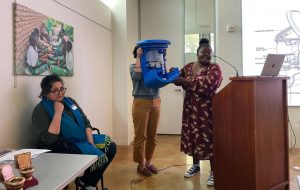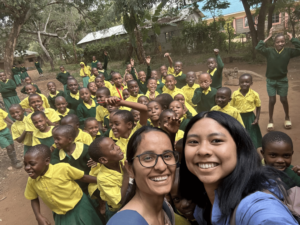
UC Berkeley Development Engineering Students Team Up with ABE Club to Strengthen Education in Kasigau, Kenya
Ekta Raghuwanshi and Maria Denna, her MDevEng classmate, worked at A Better Education Club as part of an internship pilot program that DevEng and ABE Club look to expand in the coming years. The organization, based in Kenya’s southwestern region of Kasigau, supports youth education and women’s empowerment by focusing on health, food security, hygiene, and farming practices.

